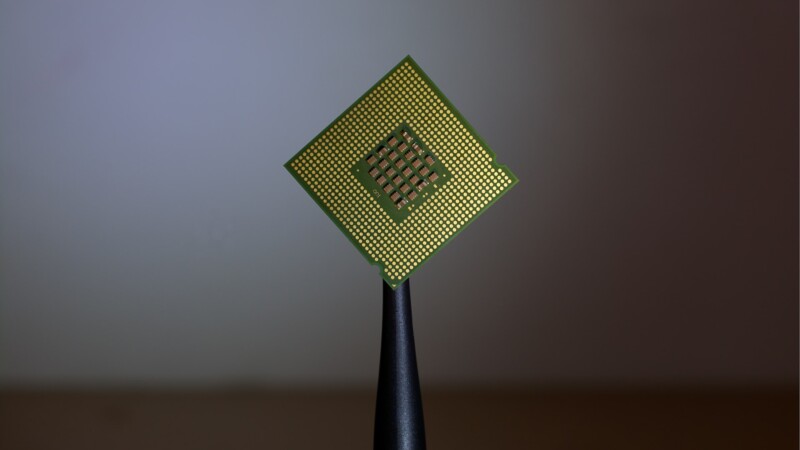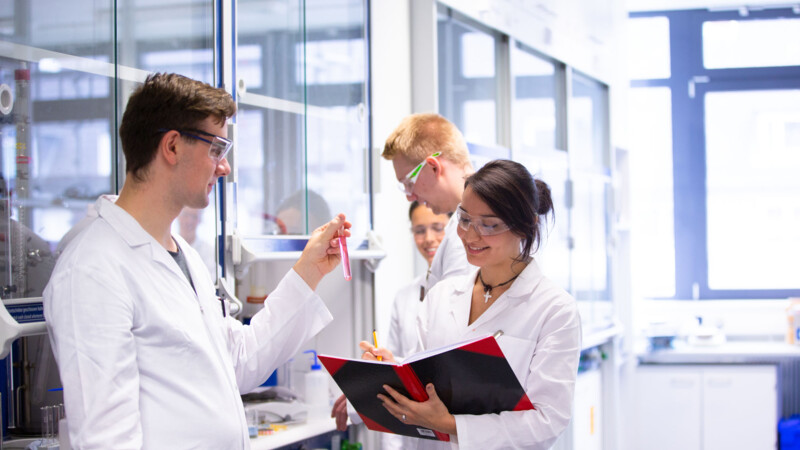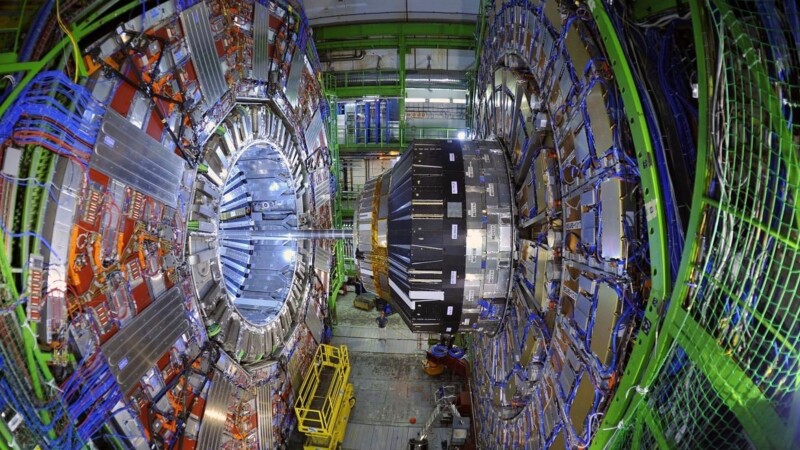"The technology is still in its infancy," Dr. ing. Susan Wegner, Vice President Artificial Intelligence & Data Analytics at Lufthansa Industry Solutions told Hamburg News in interview. Quantum computing is by no means mere sci-fi as evidenced by the IBM Quantum System One in Ehningen, which works with 27 qubits. A qubit is the smallest computational and informational unit of a quantum computer that, unlike classical bits - 1 or 0 - can be in both states and everything in between, which explains its enormous computing power. The D-Wave quantum annealer with more than 5,000 qubits. was presented in Jülich, North Rhine-Westphalia in January. "However, an annealer is only designed for very specific tasks and has a limited range of applications. But the technology is advancing rapidly," Wegner pointed out. Research is focusing mainly on troubleshooting at present. Even minimal influences, such as electric or magnetic fields, upset the qubits. "However, it's critical for companies to identify potential operational applications today and secure the talent needed to establish this new technology."
A hypothetical cat can be considered simultaneously dead or alive, according to Schrödinger's cat experiment. Devised by physicist Erwin Schrödinger, the experiment illustrates a paradox of quantum superposition in reference to atoms and electrons. Superposition refers to a quantum mechanical state. The “dead or alive” state is only apparent when the system interacts with the environment, i.e., an observation or measurement occurs. However, this highly theoretical discussion may be the foundation of a digital revolution. Unlike conventional computers that process tasks sequentially, quantum computers can handle them simultaneously and perform highly complex simulations at high speeds. A quantum computer achieves in seconds or hours what takes a contemporary supercomputer years or even decades.
Qubits can be 1 and 0

Quantum computing ideal for optimisation
Companies across the board can turn to quantum computing as all kinds of applications are possible, especially for optimisation purposes, advises Wagner. "Aviation is a good example. Flight optimisation is a highly complex topic. When is an aircraft expected at the terminal? When are the crew and passengers expected? Where are the luggage and catering? If just one factor jars with the calculation, e.g., if the crew becomes stuck in a traffic jam, the calculation chain breaks down. Quantum computers can adapt and instantly bring the calculation back up to date." The same applies to shipping routes or supply chains, she added. But quantum computing can also be used for simulations in the development of medicines or for highly complex climate change calculations.

Future is hybrid
Researchers at the University of Hamburg are leading the way and are building a next-generation quantum computer as part of the Rymax project through 2027, which is being funded by the Germany Ministry of Education and Research to the tune of EUR 10 million. Hamburg offers great prerequisites for significantly advancing this key technology as the Centre for Optical Quantum Technologies (ZOQ) and the Institute for Laser Physics are based in the city. The project also involves other key movers and shakers such as the Otto Group and Hamburger Hafen und Logistik AG (HHLA).
However, these powerful computers can also cause problems. Quantum computers are excellent at deciphering codes, but can wreak havoc with data security. The solution lies in the technology itself, namely quantum cryptography. "Quantum computers can decrypt and encrypt. That's why it's important to address the issue now and take appropriate measures," said Wagner. Yet, the future is hybrid and will not be dominated by quantum computers alone, she stressed. "Many applications remain for which our classical computers are best suited. But the more complex the task, the better the quantum computer's results."
ys/pb
Sources and further information
Lufthansa Industry Solutions
Lufthansa Industry Solutions is an IT consulting and systems integration and help its clients with with the digital transformation of their companies. The customer base includes companies within the Lufthansa Group and more than 300 companies in various industries. Headquartered in Norderstedt, the company employs more than 2,100 people at branches in Germany, Albania, Switzerland and the United States.
More
Similar articles

Hamburg now banking on quantum computing


